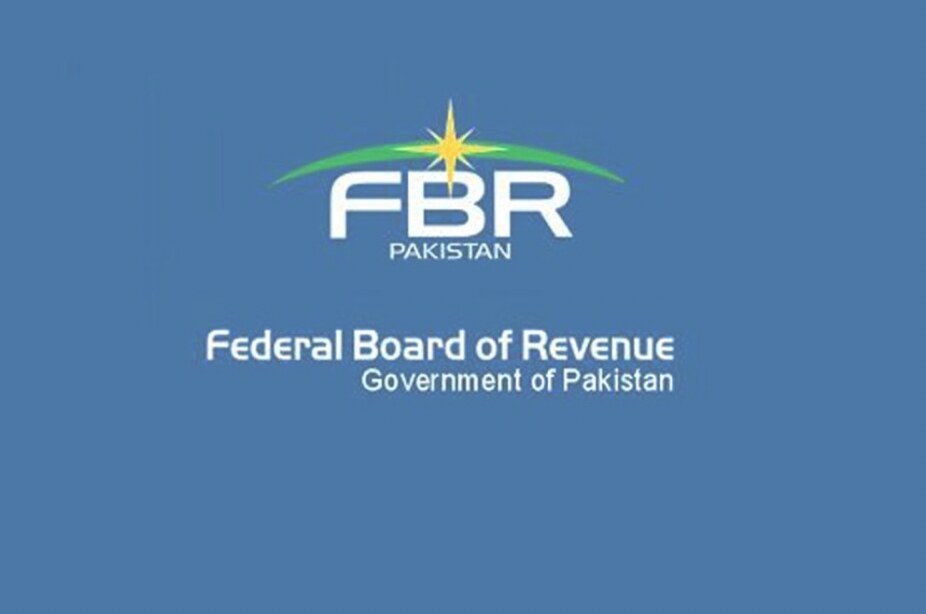
support@ledgermax.pk

+92 21 34559515-6
.jpg)
Being a small business owner, you might be aware that a single mistake in your financial statement can cost you to a great extent. This is not only time consuming, but these accounting errors can charge you loads at times. For this reason, small businesses are especially recommended to avoid the following five accounting errors:
Whether you’re purchasing inventory or collecting payments from the customers, you are continuously handling transactions. However, at times, this influx and outflux of cash makes some important business activities to slip up. So, when you miss out recording a transaction, it comes under the category of omission errors. Moreover, general business expenditures that go unrecorded can give rise to substantial issues. Similarly, erroneous financial records cause problems while assessing profits and loss and also at the time of filing taxes for small businesses.
Hence, recording every single business transaction is imperative, even if it seems insignificant. As a small business owner, you should keep track of all your expenses including the minor ones, make proper accounts and save the receipts in order to avoid accounting errors.
Cash flow and net profits are treated equally by small businessmen in Pakistan. Its true that both are related to expenses and income; however, there is a huge difference in the way each of these calculate money.
Cash flow basically calculates the flow of your money. The cash brought in and taken out of your business is shown through your cash flow statement. This statement helps you observe your funds’ liquidity. On the other hand, net profit tells you about the money you are left with after paying all of your business expenditures. To calculate net profit, just deduct your costs or expenditures from your sales. As a small business owner, you should understand that net profit calculates the money earned by your business during a specific period of time.
Systematizing your financial records with your bank accounts frequently for accuracy review is very important. You must ensure that your accounting records and bank statement balances are corresponding. The most common bookkeeping mistakes can be overlooked when you don’t reconcile your financial records extensively. This becomes apparent mostly during the tax season and then you have to scrutinize annual records to fix those minor accounting errors that could have been avoided.
Majority of small businesses work with very limited capital. Hence, in order to elude overspending, you are required to plan your budget. Business budgets allows you to plan for your overheads and profits and to keep track of your money. Most of the small sized businesses ignore the significance of budgeting for their business. It is very important that they make a business budget as per their resources and stick to it once it is planned.
A small business owner wears too many hats at a time and one of them is managing their books. It is not only time consuming but also extremely tiresome. Therefore, you need to find better means to manage your financial records that do not require much of your time and money and that also allow you to pay attention to your business rather than putting in all your efforts to fix the accounting errors.
Since, small business owners have already got too much on their plates, they shouldn’t hesitate to switch to computerized accounting systems. It is recommended that you go for an accounting software to reorganize your financial records. These software are user friendly, easily accessible and provide error free account balances that facilitate you to keep track of your accounts easily.
LEDGERMAX BLOG


